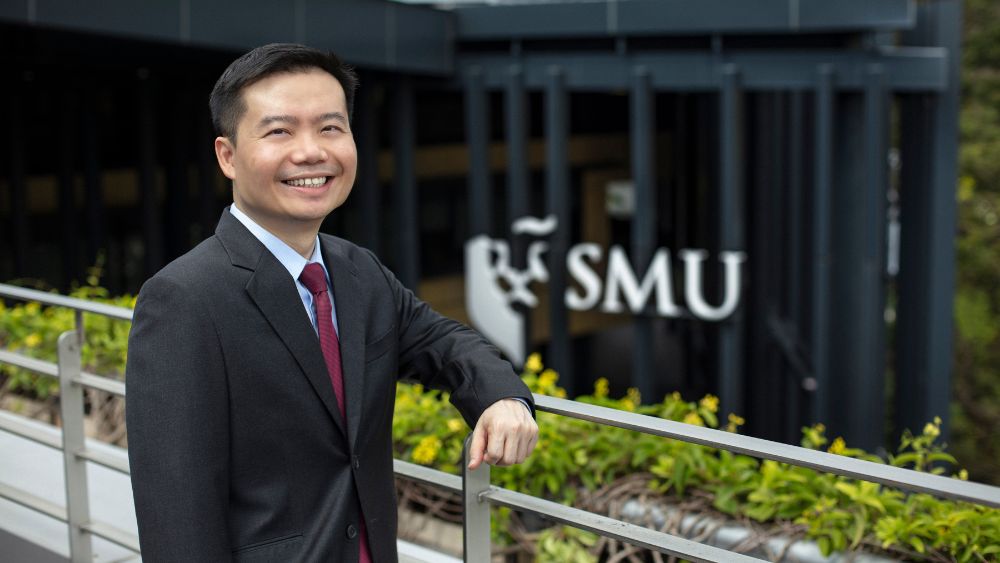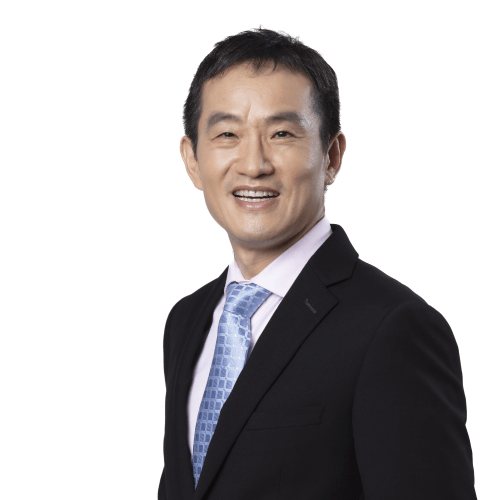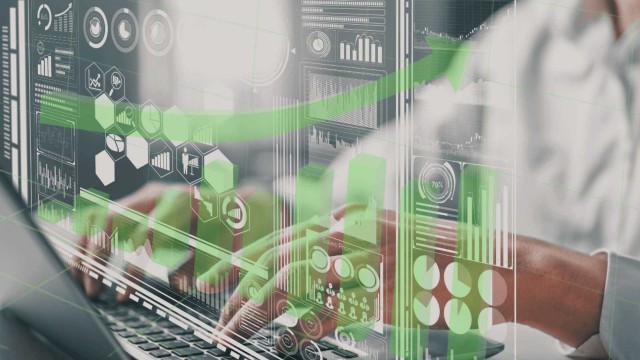Developing a Green Edge: SMU Prepares Accounting Students for the Green Economy
As businesses increasingly incorporate sustainable practices into their operations, accounting professionals will need to be equipped in sustainability competencies. To prepare students for the green economy, the SMU Bachelor of Accountancy (BAcc) programme is integrated with sustainability topics throughout the curriculum. Accounting students can look forward to courses that cover carbon tax, and sustainability reporting and assurance.
The accounting profession is in constant evolution to adapt to changing business needs. As executives and professionals grapple with global challenges, such as climate change, it becomes increasingly clear that all sectors of an enterprise must be steeped in sustainable practices.
A sustainable focus in accounting gives young professionals the edge they need to weather the winds of change successfully. At SMU’s School of Accountancy (SOA), sustainability is embedded into the Bachelor of Accountancy (BAcc) curriculum in all its forms— environmental, social and governance (ESG).
“As businesses transform to incorporate sustainable practices in their operations, accounting professionals will see greater demand for sustainability reporting and assurance, as well as the need to identify sustainability risks and opportunities for businesses,” says SMU Professor of Accounting (Education) and Associate Dean (Teaching and Curriculum) Dr Seow Poh Sun.

In light of new legislation that encourages responsible business practices, accountants help ensure that businesses fall within acceptable targets and set sustainable goals. They also play a huge role in devising economically and ecologically sustainable strategies—all while ensuring a positive social impact and brand image for businesses.
The importance of accountants in the green economy is often understated, and there is currently a skills gap in the industry. Students of SMU’s BAcc get to delve into sustainability competencies within a robust, well-rounded accountancy programme. Essential accounting and business courses are complemented by SMU’s Core Curriculum, which centres on three pillars of learning: Capabilities, Communities, and Civilisations.
A holistic curriculum updated with the latest developments in sustainability
The SMU Accountancy programme stands out for its holistic integration of sustainability into its academic offerings. This approach ensures that students are equipped with the essential skills needed to navigate the green economy once they graduate.
“By integrating sustainability literacy into our Accountancy curriculum, we aim to groom a new generation of accounting professionals well-versed in sustainability accounting and reporting,” explains Dean of SOA and Lee Kong Chian Chair Professor of Accounting Cheng Qiang.

The curriculum integrates 13.5 weeks of sustainability topics. Core courses such as ‘Intermediate Financial Accounting’ incorporates mandatory sustainability reporting standards, while the course ‘Ethics and Social Responsibility for Accounting’ explores sustainability reporting from an ethical standpoint.
Other core accounting courses focused on taxation and auditing also touch on issues of carbon tax and sustainability assurance.
Students may take other sustainability-related courses from other schools in SMU. For example, prospective accounting students with a knack for history may enjoy ‘Science, Environment and Empire’ offered under the Core Curriculum, which tackles the intersection of science, technology, and imperial history, and the risks they pose on environmental sustainability. More technologically minded students may enjoy ‘Technological Innovations Enhancing Urban Sustainability’, which delves into interdisciplinary concepts on the implementation of technology on urban sustainability issues.
Accounting students may also complement their accountancy degree with a second major programme in Sustainability Management or second major programme in Sustainable Societies from other schools in SMU.
“SMU Accountancy students will graduate with knowledge in the latest developments in sustainability and their financial impact,” says Prof Cheng. “Combined with a rigorous accounting curriculum, skills in data analytics, and their strong communication skills, our graduates are well placed to provide more value to their organisation.”
With sustainability literacy integrated in the curriculum, students will approach future accounting roles with a holistic understanding of green practices rather than viewing it as an add-on, giving them an edge in navigating sustainability-related challenges in the workplace. This makes the SMU Accountancy degree an ideal choice for prospective students seeking a well-rounded accounting education.
“SMU aims to pave the way for the next generation of skilled accounting professionals who will help achieve Singapore’s vision to be a leading professional services hub,” says Dr Seow.
A focus on experiential learning
SMU also leads sustainability mastery beyond the classroom. One of its most attractive assets is its dedication to offering hands-on experience that is immediately transferable to the workforce through SMU-X courses, such as the Accounting Analytics Capstone course. This approach is crucial as the business landscape in Singapore works towards the Singapore Green Plan 2030.
All of these programme features, whether within a core reporting course or an experiential learning project, are in line with the SMU Sustainability Blueprint—an initiative that aligns SMU’s strategies with the United Nations’ Sustainable Development Goals.
To cultivate a greener future at home and abroad, future strategic advisors must be well-prepared to navigate the waters of sustainable change. There is no better place to start than with the SMU Accountancy degree.
Looking to develop sustainability skills as an accounting professional for tomorrow’s workplace? Accept your offer to the SMU Bachelor of Accountancy (BAcc) programme now.





